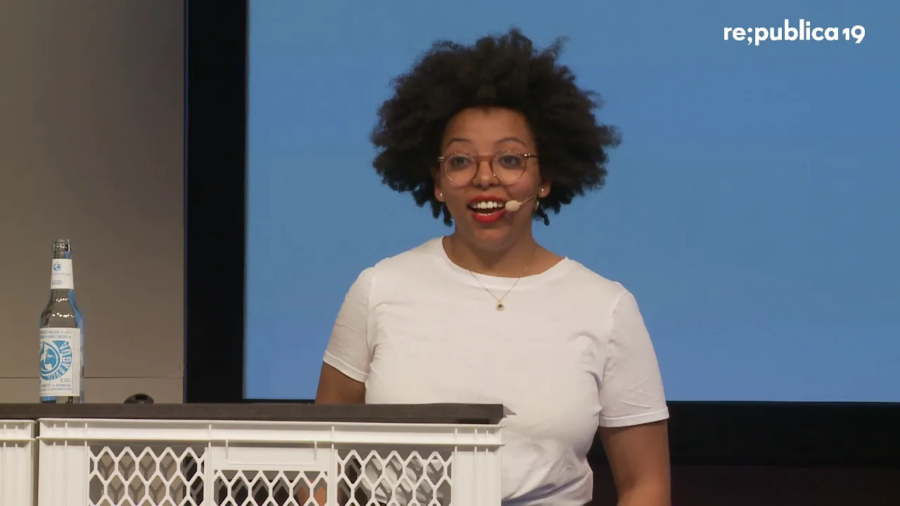Where I come from and where the rest of the world is, the issue’s not intelligence agencies having backdoor access to our data. Yes, they do have backdoor access to our data, but they also have front door access to our data.
Archive (Page 1 of 2)
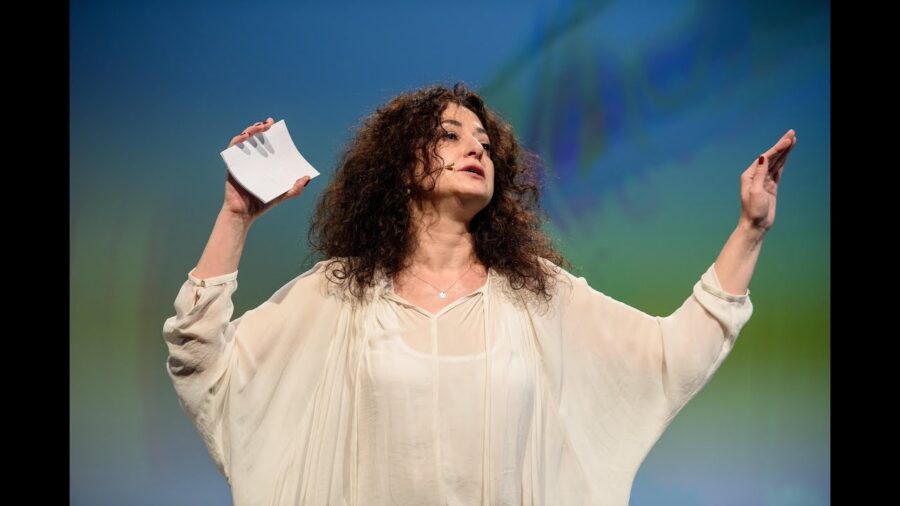
When did we decide that we no longer need to watch news? We no longer have to watch these disturbing images? That’s why I’m writing a book. I’m thinking about these issues.
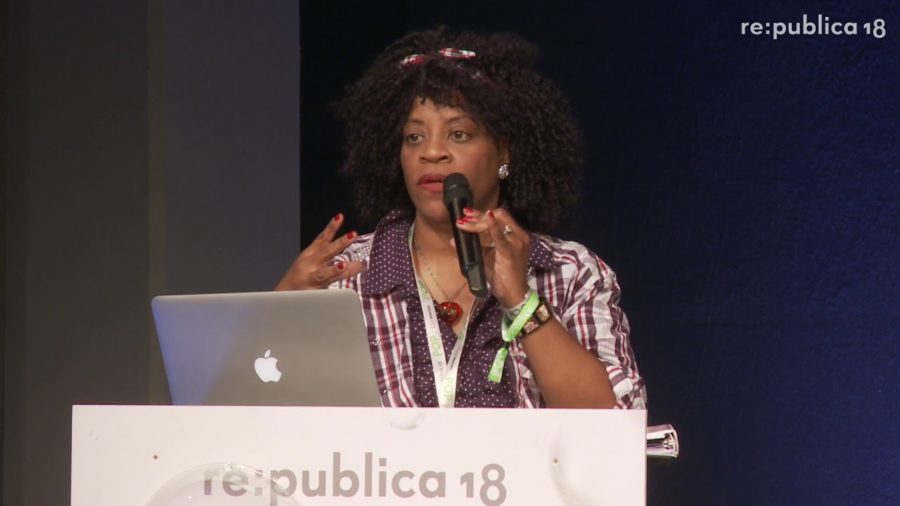
I do disability and sexuality education. And activism and advocacy around sexuality and disability issues, and reproductive health issues. And I want to teach the world that people with disabilities have the right and ability to give and receive pleasure.
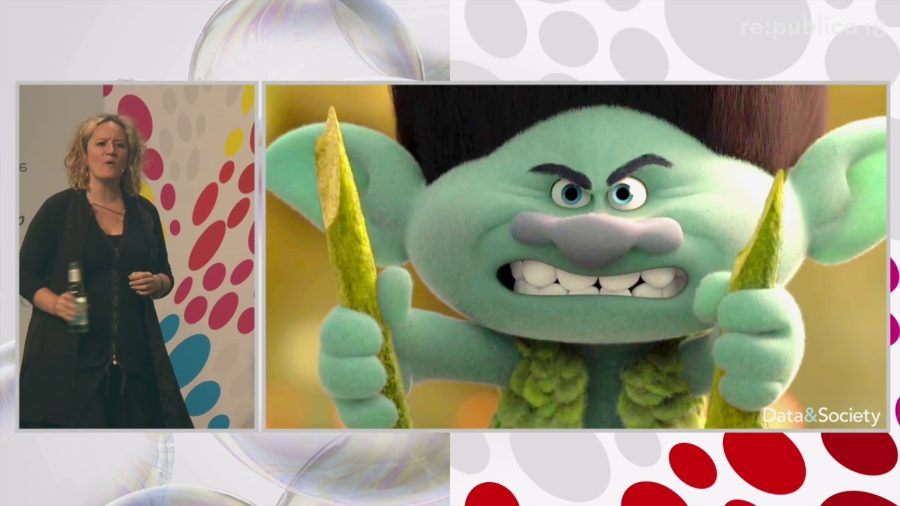
All they have to do is write to journalists and ask questions. And what they do is they ask a journalist a question and be like, “What’s going on with this thing?” And journalists, under pressure to find stories to report, go looking around. They immediately search something in Google. And that becomes the tool of exploitation.
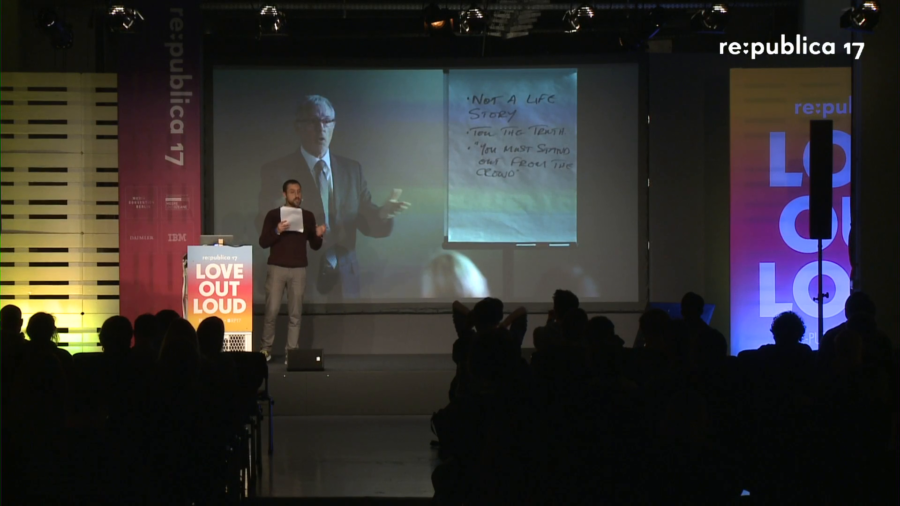
The reciprocal influence between an entrepreneurialist regime and pervasive precarity, their ambivalent coexistence, is what the concept of the entreprecariat refers to. To articulate some of the ways in which this mutual influence takes place, I’d like to introduce what I would call a postulate of the entreprecariat. So here it is: The more precarity is present, the less entrepreneurialism is voluntary.
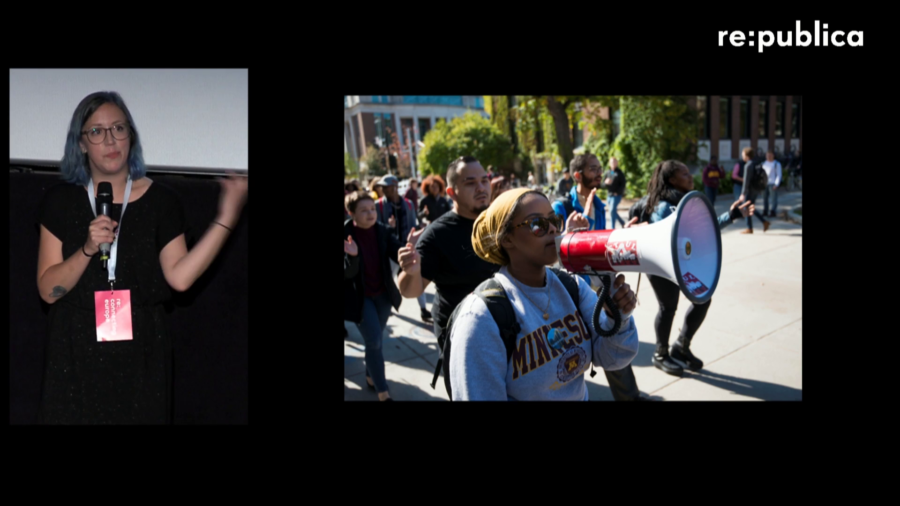
Dangerous speech, as opposed hate speech, is defined basically as speech that seeks to incite violence against people. And that’s the kind of speech that I’m really concerned about right now. That’s what we’re seeing on the rise in the United States, in Europe, and elsewhere.
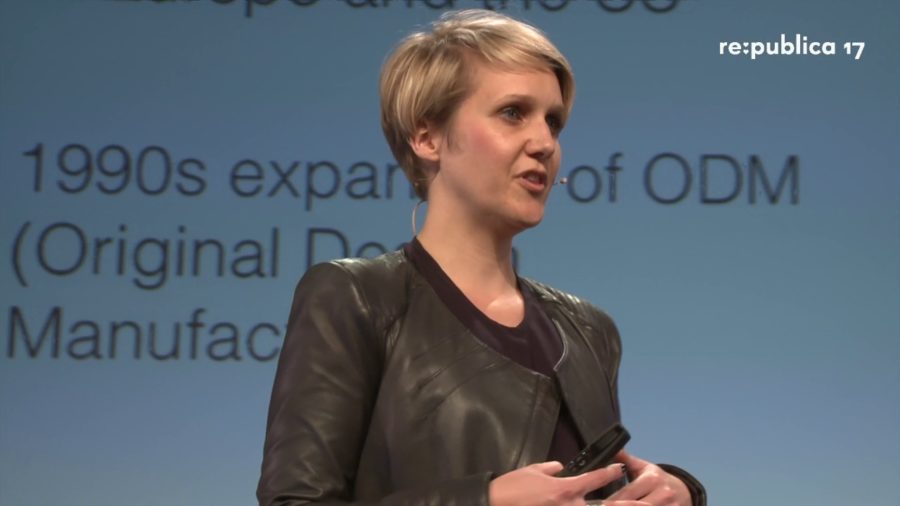
Making took rise at a moment when people began— Not just scholars but also media—public media and people working in the tech industry—began critiquing earlier visions and ideas of the knowledge economy and saying the knowledge economy, or ideas like the creative class as propagated by Richard Florida, were sharply critiqued because they did not deliver what they had originally promised.
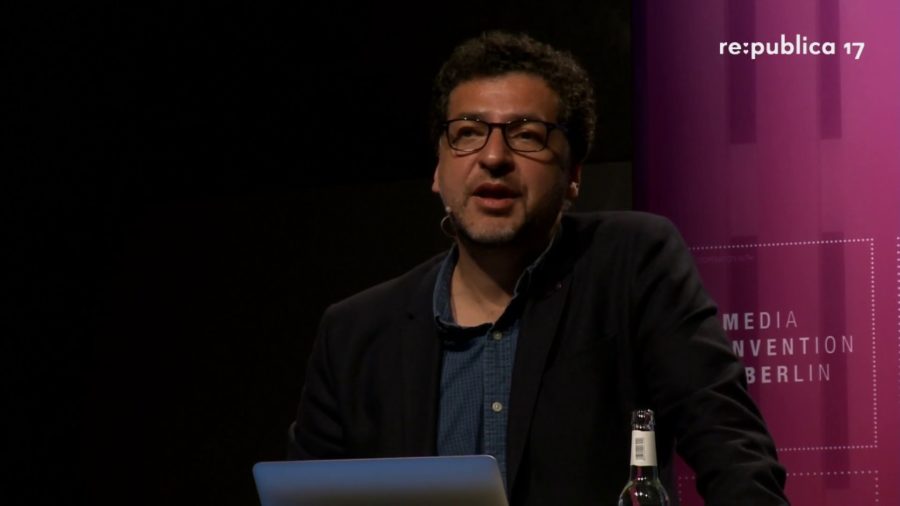
I felt very strongly that there is something that has been lost with the Internet. That I wanted to explore this. So I’m going to go into topics that are… I’m going to be informed a lot in my expertise in Internet regulation in some ways. But I’m going to talk to you mostly as an Internet user, as an avid Internet user, as a blogger of many years, as one of you.
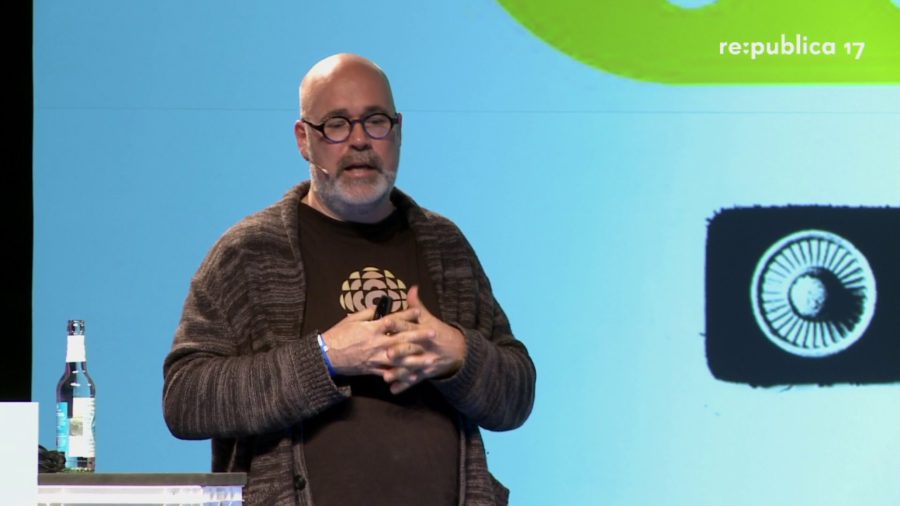
This is a moment to ask as we make the planet digital, as we totally envelop ourselves in the computing environment that we’ve been building for the last hundred years, what kind of digital planet do we want? Because we are at a point where there is no turning back, and getting to ethical decisions, values decisions, decisions about democracy, is not something we have talked about enough nor in a way that has had impact.
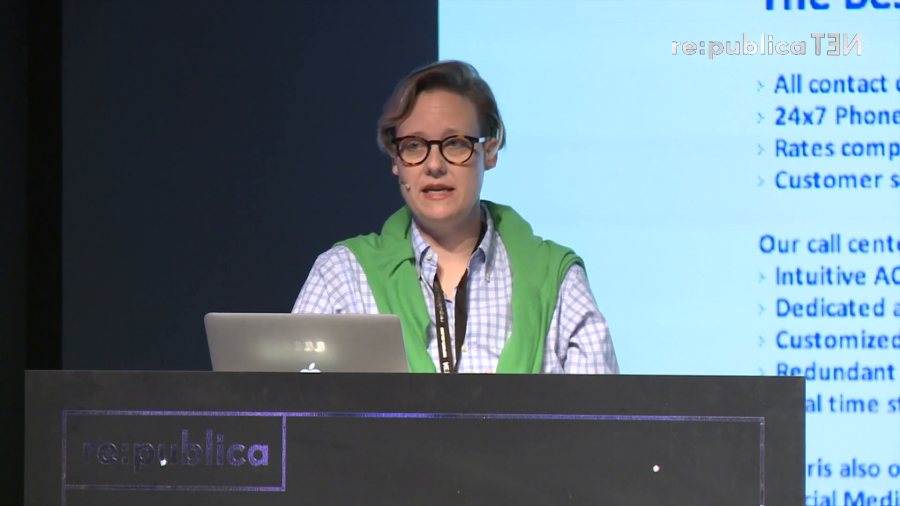
When I asked my peers and my professors if they’d ever heard of this type of work, two things happened. The first thing is that they said no, they hadn’t. The second thing they said, which is probably what you’re thinking, is, “Well, can’t computers do that?” And in fact the answer to that is no.

